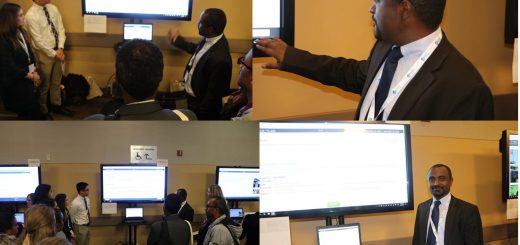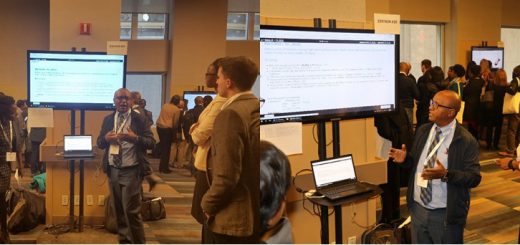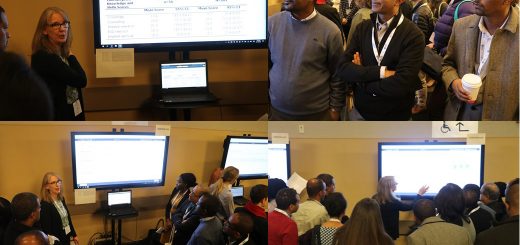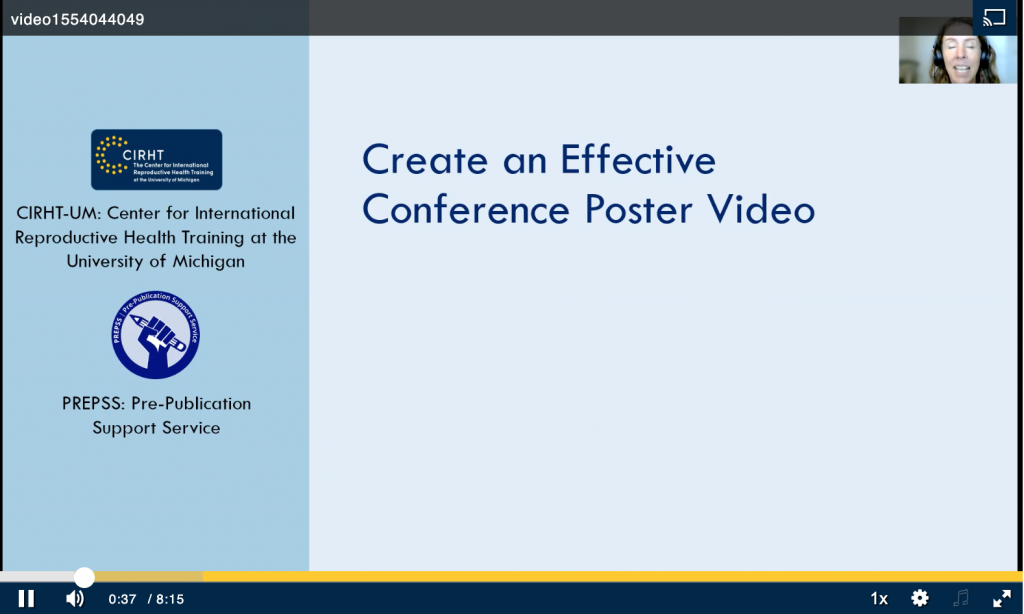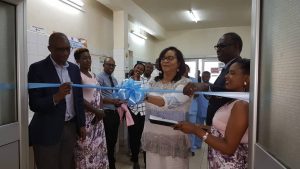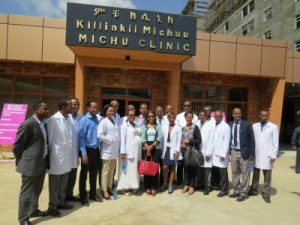Post-Abortion Contraceptive Acceptance and Choice at a Teaching Hospital in Addis Ababa, Ethiopia
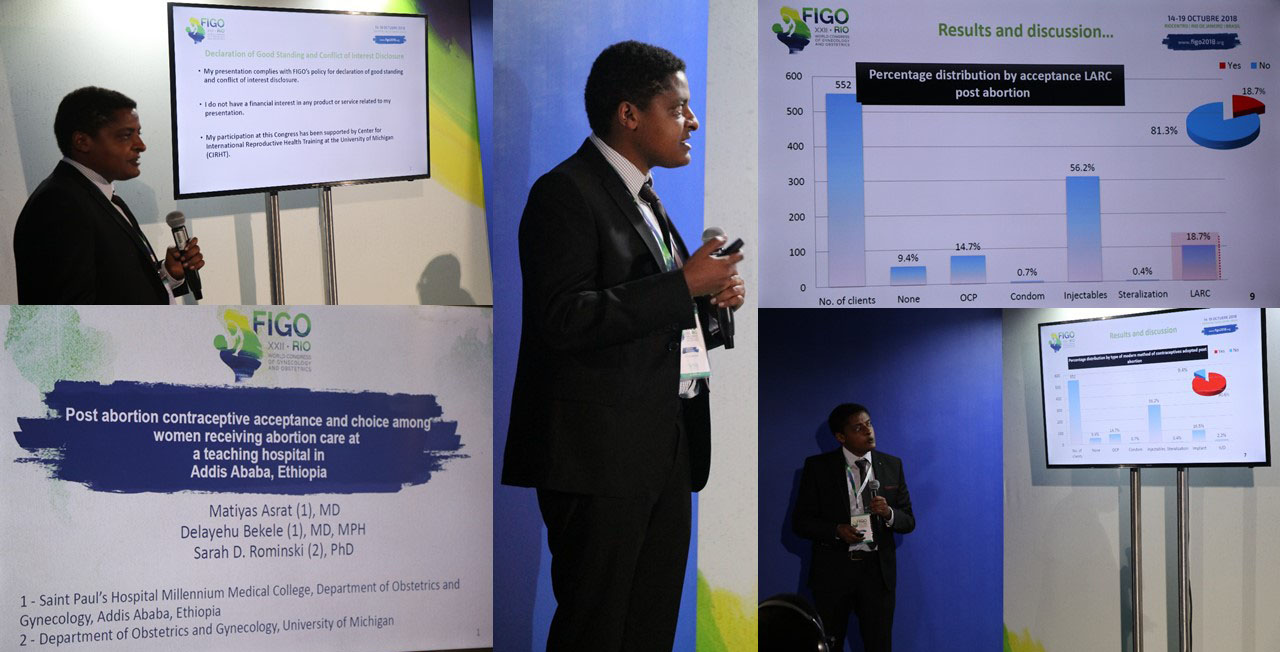
DOI: 10.1002/ijgo.12582 FCS580
Matiyas Asrat
Saint Paul’s Hospital Millennium Medical College, Addis Ababa, Ethiopia
Objectives: To determine the contraceptive acceptance rate and examine factors associated with choice of contraception, in particular modern and long acting methods, in women after an abortion.
Method: A cross-sectional study was undertaken at Saint Paul’s Hospital Millennium Medical College in Addis Ababa, Ethiopia with women who received abortion care service from January to June 2015. Logistic regression was used to determine factors associated with acceptance and choice of method of contraceptives.
Results: From 552 women; 90.6% adopted modern contraception and 19% received long acting reversible contraceptives (LARC). Multivariable analysis showed that being a housewife (adjusted odds ratio [AOR] 3.43; 95% CI, 1.20–9.80), married (AOR 3.31; 95% CI, 1.41–7.74) and parity greater than one (AOR 2.70; 95% CI, 1.04–7.03) had statistically significant association with modern method of contraception adoption. Adoption of LARC was positively associated with being student (AOR 4.62; 95% CI, 1.50–14.22), with parity greater than one (AOR 2.21; 95% CI, 1.12–4.36) and induced type of abortion (AOR 2.91; 95% CI, 1.46–5.80).
Conclusions: The post abortion contraceptive acceptance rate was higher than other studies done in Ethiopia. Higher parity, being married and a housewife were independent predictors of modern contraceptive method acceptance. Induced abortion, higher parity and being student were significant predictors of adoption of LARC. These findings would help to provide recommendations for more effective and appropriate contraceptive counseling and services.

